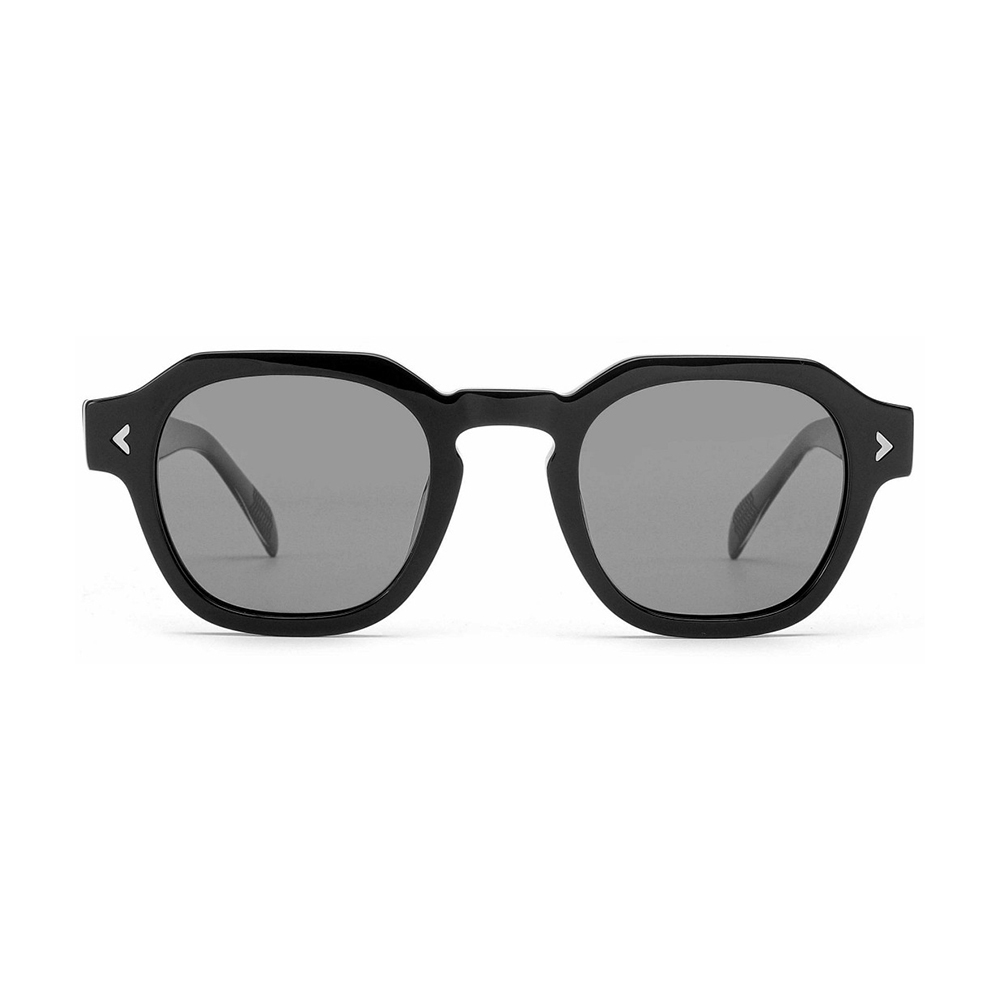Are Cheap Sunglasses Bad for Your Eyes?

When it comes to protecting our eyes from harmful UV rays, sunglasses are an indispensable accessory. But a common question that often arises is whether cheap sunglasses are bad for our eyes. In this comprehensive product description, we will delve into the world of sunglasses, exploring their benefits, features, and the truth behind the myth of cheap sunglasses being harmful to your eyes. So, let’s shed some light on this subject and equip you with the knowledge to make an informed decision when choosing the perfect sunglasses to shield your eyes.
What are Sunglasses?
Sunglasses are stylish eyewear designed to protect our eyes from the sun’s harmful ultraviolet (UV) rays, as well as reduce glare and improve visual comfort under bright conditions. They come in various shapes, sizes, and styles, catering to different tastes and needs. While they are commonly associated with fashion and a trendy look, their primary function is to safeguard our precious eyesight.
Benefits of Wearing Sunglasses
1. UV Protection
The most significant advantage of wearing sunglasses is their ability to block harmful UV rays. Prolonged exposure to UV rays can lead to serious eye conditions, such as cataracts, macular degeneration, and even eye cancer. High-quality sunglasses, whether affordable or high-end, offer excellent UV protection, ensuring your eyes stay safe while you enjoy the great outdoors.
2. Glare Reduction
Glare from surfaces like water, snow, or roads can be not only uncomfortable but also hazardous, as it impairs your vision. Sunglasses equipped with polarized lenses are particularly effective in reducing glare, providing you with clearer and more comfortable vision during bright days or while engaging in outdoor activities.
3. Enhanced Eye Comfort
Squinting in bright light strains the eyes and can lead to headaches and fatigue. By wearing sunglasses, you allow your eyes to relax, promoting better comfort and reducing the risk of eye strain.
4. Style and Fashion
Apart from their protective features, sunglasses are a fashion statement that can enhance your overall appearance. With a wide array of designs, colors, and frames available, you can express your personality and sense of style while keeping your eyes safe.
5. Shielding from Environmental Elements
Sunglasses not only protect against UV rays but also act as a barrier against environmental elements like dust, wind, and debris. This is particularly beneficial during outdoor activities, sports, or while riding a bike, as it prevents irritants from getting into your eyes.
Debunking the Myth: Are Cheap Sunglasses Bad for Your Eyes?
There is a common misconception that cheap sunglasses may be harmful to your eyes. However, the truth lies not in the price tag but in the quality of the lenses. While some inexpensive sunglasses may not provide the same level of lens quality and UV protection as higher-priced options, it is not accurate to claim that all affordable sunglasses are bad for your eyes.
When shopping for sunglasses, look for those labeled as offering 100% UV protection, regardless of their price. Reputable manufacturer Pinnacle ensures its products meet safety standards, providing ample protection against harmful UV rays. By choosing wisely, you can find budget-friendly sunglasses that offer the same eye protection as their more expensive counterparts.
Key Features to Look for in Sunglasses
1. UV Protection
As mentioned earlier, the most crucial feature of any sunglasses is their ability to block harmful UV rays. Ensure that the pair you choose provides 100% UV protection, shielding your eyes from both UVA and UVB rays.
2. Polarized Lenses
Polarized lenses are a valuable feature, especially if you spend time near water bodies or in bright, reflective environments. They significantly reduce glare, improving visibility and reducing eye strain.
3. Lens Material
The material of the lenses plays a vital role in their durability and clarity. Common lens materials include glass, polycarbonate, and acrylic. Glass lenses offer exceptional optical quality but are more prone to shattering, while polycarbonate lenses are impact-resistant and lightweight.
4. Frame Material
Frames can be made from various materials, such as metal, plastic, or nylon. Each material has its pros and cons, affecting factors like weight, flexibility, and style. Choose a frame material that suits your lifestyle and preferences.
5. Fit and Comfort
An excellent pair of sunglasses should fit comfortably on your face and provide adequate coverage. Proper fit ensures that your eyes receive maximum protection, and you can wear the sunglasses for extended periods without discomfort.



